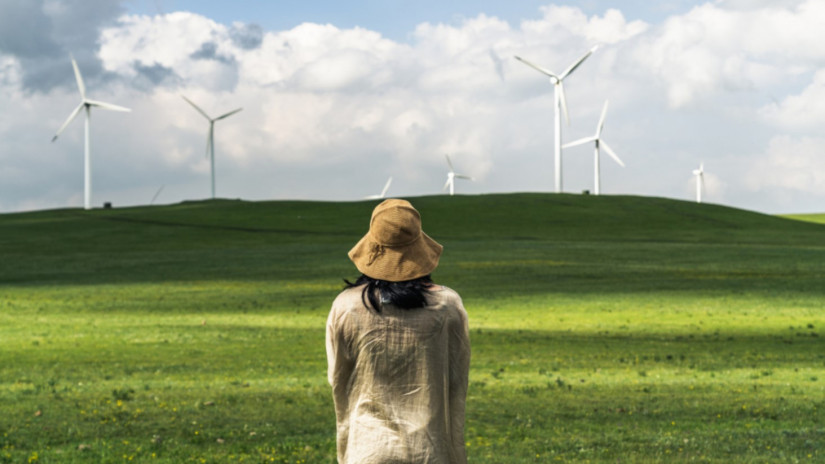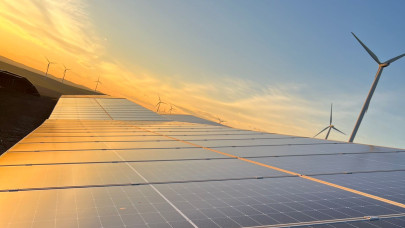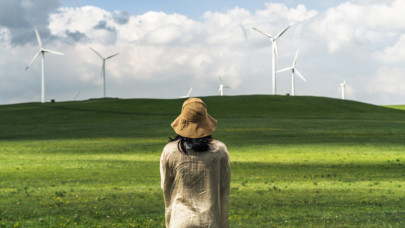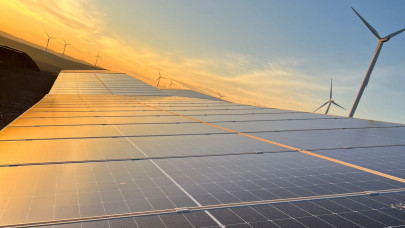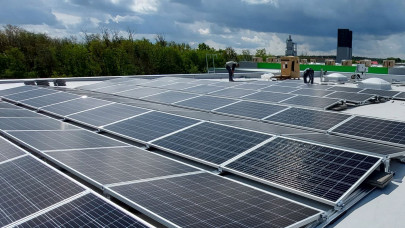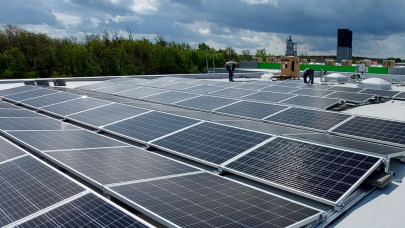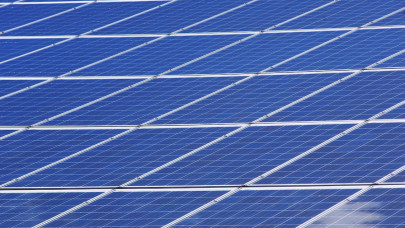The second source is nuclear energy (31%), followed by solid fuels (18%), natural gas (6%), crude oil (3%), and others (0.2%).
In the case of Romania, the main sources of energy in 2021 were natural gas (32.3%), renewable energy (26.7%), solid fuels (14.5%), crude oil (14.1%), and nuclear energy (12.5%).
In 2021, renewable energy was the exclusive source of primary energy production in Malta (in other words, the country produced no other type of energy). Renewables were also the main source in several EU member states, with shares above 95% in Latvia (almost 100%), Portugal (98%), and Cyprus (96%).
Solid fuels represented the main source of energy produced in Poland (72%), Estonia (56%), and the Czech Republic (45%), while natural gas had the largest share in the Netherlands (58%) and Ireland (42%; its main source of energy production was renewables and biofuels, with 49%). Oil had the most important share in Denmark (35%; its main source of energy production was renewables and biofuels, with 48%).
In the EFTA countries (Iceland, Liechtenstein, Norway, and Switzerland), renewable energy represented 100% of primary energy production in Iceland and only 7% in Norway (where natural gas (47%) and oil (45%). In 2021, energy production corresponded to 42% of energy consumption, which obliges the EU to import from third countries.
In 2021, the main imported energy product was represented by petroleum products (including crude oil, which is the main component), which were responsible for almost two-thirds of the EU bloc's energy imports (64%), followed by natural gas (25%) and solid fossil fuels (6%).

